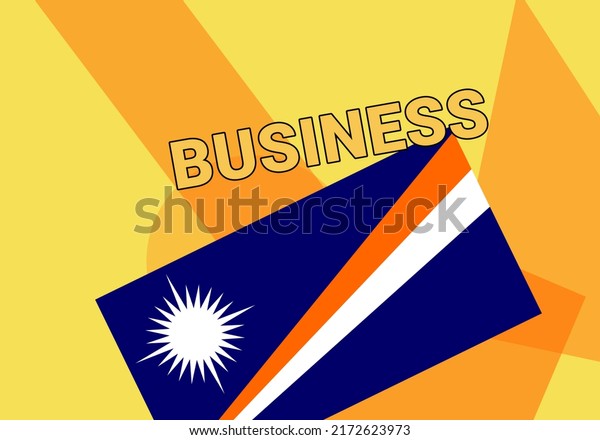
Marshall Islands’s main businesses
The Marshall Islands, an archipelago in the Pacific Ocean, has a unique economic structure shaped by its geography, history, and international relationships. The country’s main businesses center around maritime services, fishing, tourism, agriculture, and financial services. Below is an overview of these key sectors:
1. Maritime and Shipping Services
The Marshall Islands is renowned for its ship registry, the third-largest in the world. This open registry is highly attractive to international shipping companies due to its low registration fees, tax benefits, and streamlined regulatory requirements. The registry contributes significantly to the nation’s economy, generating revenue from the registration of commercial vessels. This business also helps position the Marshall Islands as a critical player in global maritime trade despite its small size and limited industrial base.
2. Fishing Industry
Fishing is another major sector, leveraging the country’s vast exclusive economic zone (EEZ), which spans nearly two million square kilometers. Tuna fishing dominates this industry, with foreign fleets from Japan, South Korea, and the United States playing a significant role under licensing agreements. Revenue from fishing licenses is a major contributor to government income, though the country has also invested in local processing and marketing initiatives to capture more value from this resource.
3. Tourism
Tourism in the Marshall Islands is growing steadily, driven by the pristine environment, rich marine biodiversity, and historical significance of the islands. Attractions include world-class diving spots like Bikini Atoll, which is a UNESCO World Heritage Site, and relics from World War II. However, challenges such as limited infrastructure and high transportation costs hinder the full potential of this sector. Nevertheless, the government and private businesses are working to develop eco-tourism and cultural tourism offerings.
4. Agriculture and Handicrafts
Agriculture plays a limited role in the economy due to the islands’ poor soil quality and small land area. The primary crops include coconuts, breadfruit, and pandanus. Copra production, derived from dried coconut meat, is a significant agricultural business, with the by-products used for oil extraction and other purposes. Handicrafts, particularly woven items like mats and baskets made from pandanus leaves, are an important small-scale industry catering to both local markets and tourists.
5. Financial Services
The Marshall Islands is emerging as a hub for financial services, offering a favorable regulatory environment for offshore banking and corporate services. In 2018, the government introduced plans to develop a sovereign digital currency, the SOV, as an alternative to its reliance on the U.S. dollar. This initiative aims to position the country as a leader in blockchain technology and innovative financial solutions, although it has faced criticism from international regulators.
6. U.S. Government Assistance and Compact Funding
The Marshall Islands’ economy also heavily depends on aid from the United States under the Compact of Free Association (COFA). This agreement provides financial assistance and access to U.S. markets in exchange for strategic military use of the islands. U.S. funding supports various sectors, including education, healthcare, and infrastructure, indirectly benefiting local businesses.
Challenges and Opportunities
The business environment in the Marshall Islands faces challenges such as geographic isolation, climate change, and limited natural resources. Rising sea levels threaten infrastructure and economic activities, particularly in coastal areas. However, opportunities exist in renewable energy, digital innovation, and sustainable tourism, which could help diversify the economy and reduce its vulnerability to external shocks.
Conclusion
The Marshall Islands’ main businesses reflect its reliance on natural resources, international partnerships, and its strategic location in the Pacific. While challenges persist, strategic investments in sustainable industries and global partnerships could pave the way for greater economic resilience and growth.



Leave a Reply